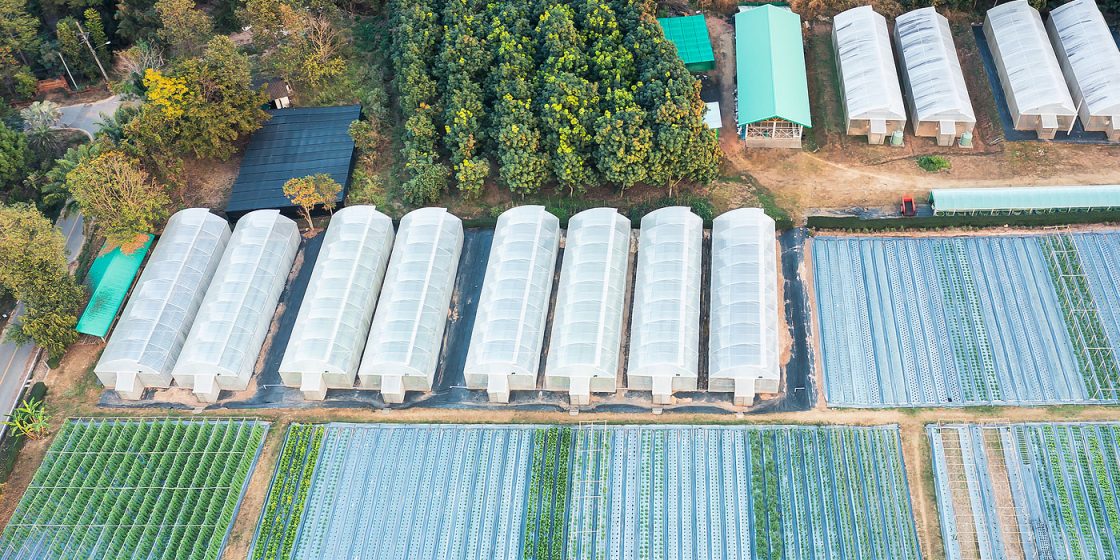
The environment and sustainability may have been important issues for a minority of people for a long, long time. However, it has seemed that, when it comes to the weekly shop, mainstream consumers have historically been more interested in value for money.
Not anymore. More and more people are realising that how they spend their money can have a big impact on the health of the planet.
Indeed, in the UK, according to a recent YouGov survey, 57% of those responsible for the main household shop are willing to pay more for products that align with their concerns for the environment. And it’s not just in the UK, globally, 60% of consumers will pay more for sustainable goods.
Perhaps not surprisingly, it’s the Gen Z and Millennial consumers who are behind this trend. 69% of Gen Zers will pay more, 63% of Millennials, but, crucially, now more than half of Gen Xers and Baby Boomers (both 53%) also say they will pay more for sustainable products.
According to research by Havas Worldwide, 75% of consumers believe businesses should focus more on driving social change that helps the environment than on making a profit.
And that 75% are seeking these businesses out. Since 2017, there’s been a 71% rise in the number of online searches for sustainable goods. And this trend is not just in the West. Consumers in countries that are bearing the brunt of climate change also seek out sustainable goods.
Packaging plays an important part in how consumers see a product. A survey by Accenture found that 77% of respondents saw plastic as the least environmentally-friendly material, with paper seen as the most environmentally friendly by 55%.
Food manufacturers ignore this information at their peril. These days, consumers who aren’t happy with a product or a company will use the internet to make their opinions known.
And it’s not just what the packaging is made from, but also what’s on it. Sustainability scores on the packaging, with carbon footprint labelling, are being used by some companies. And some apps allow consumers to calculate the greenhouse gas emission of their basket of goods.
Packaging is only part of the story. Consumers are pressuring companies to improve animal welfare, water use, deforestation, and working conditions. But sometimes, upping standards in one area has a detrimental knock-on effect in another.
Much of the problem comes down to effective communication. Companies need to be able to explain their sustainability choices. An article on Brink, a content platform for global business, suggests companies need to focus their strategies for meeting future sustainability goals rather than second-guessing what the next consumer issue will be. It suggests a sustainability measurement system that will allow the company to plan ahead rather than just react.
Turners Process Equipment consultancy service can help manufacturers improve efficiency, meet their sustainability goals and minimise costs. Together with our sister company, GDE Associates UK, we have a wealth of specialist knowledge and experience in process engineering.
Working in the strictest confidence, we use a holistic approach that covers every aspect of running a processing plant, from site location, infrastructure and logistics to energy usage, budget parameters and more.